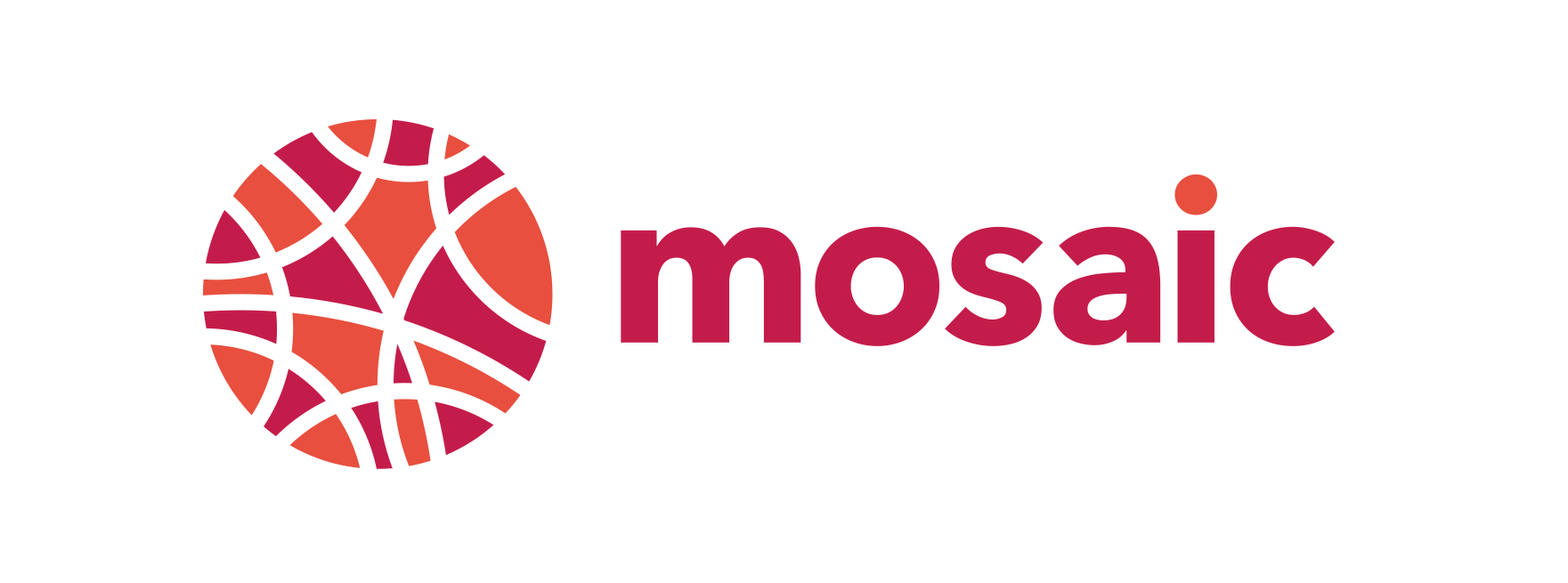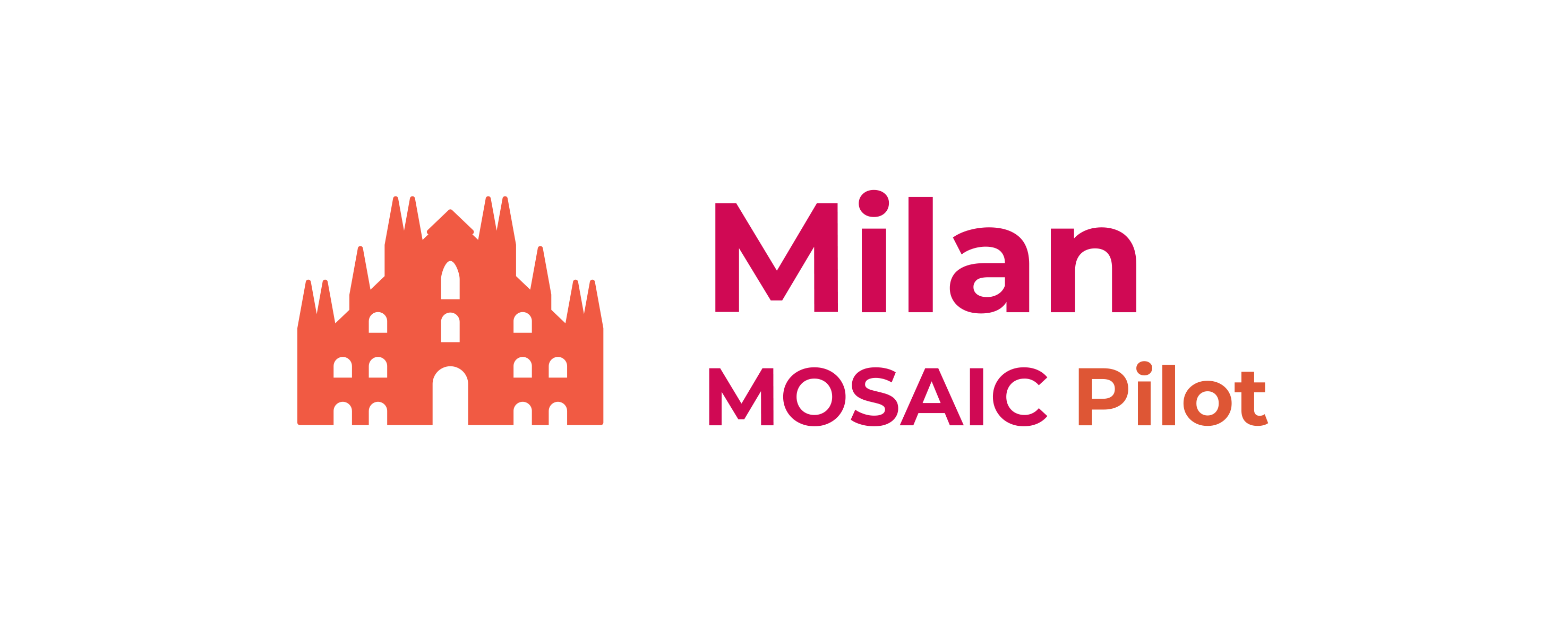
About the city
Milan is a global city of culture, research and innovation, design, industry, sport. At the North of Italy and at the center of the contemporary, dynamic, economic life, it lies in the contact zone between the high and low plains of the Po river, geographical position that affect its climate and air stagnation. Born under the sign of a centrality, both physical and functional, the city expresses an ancient craft tradition, supported by solid financial foundations and a lively entrepreneurial spirit. According to the studies on the world city networks, which establish a hierarchy based on the ability of cities to connect with others through the exchange of information, people, goods and intangible services, in 2020 Milan was ranked among the top 20 cities in the world. With a population of just under 1,400,000 inhabitants, it is profoundly influenced by the creation and dissemination of technical and organisational innovation, the production of culture and information through its seven universities and academies, its press, its artistic institutions, and its large publisher tradition.
Over the last two decades, many efforts have been made to make of Milan a smart-city: from the creation of traffic-restricted zones and the strengthening of public transport to the development of shared transportation systems such as car-sharing and bike-sharing; from the expansion of green areas to the extension of bicycle and pedestrian zones. Still, it remains an environmental pollution problem that is far from being solved.
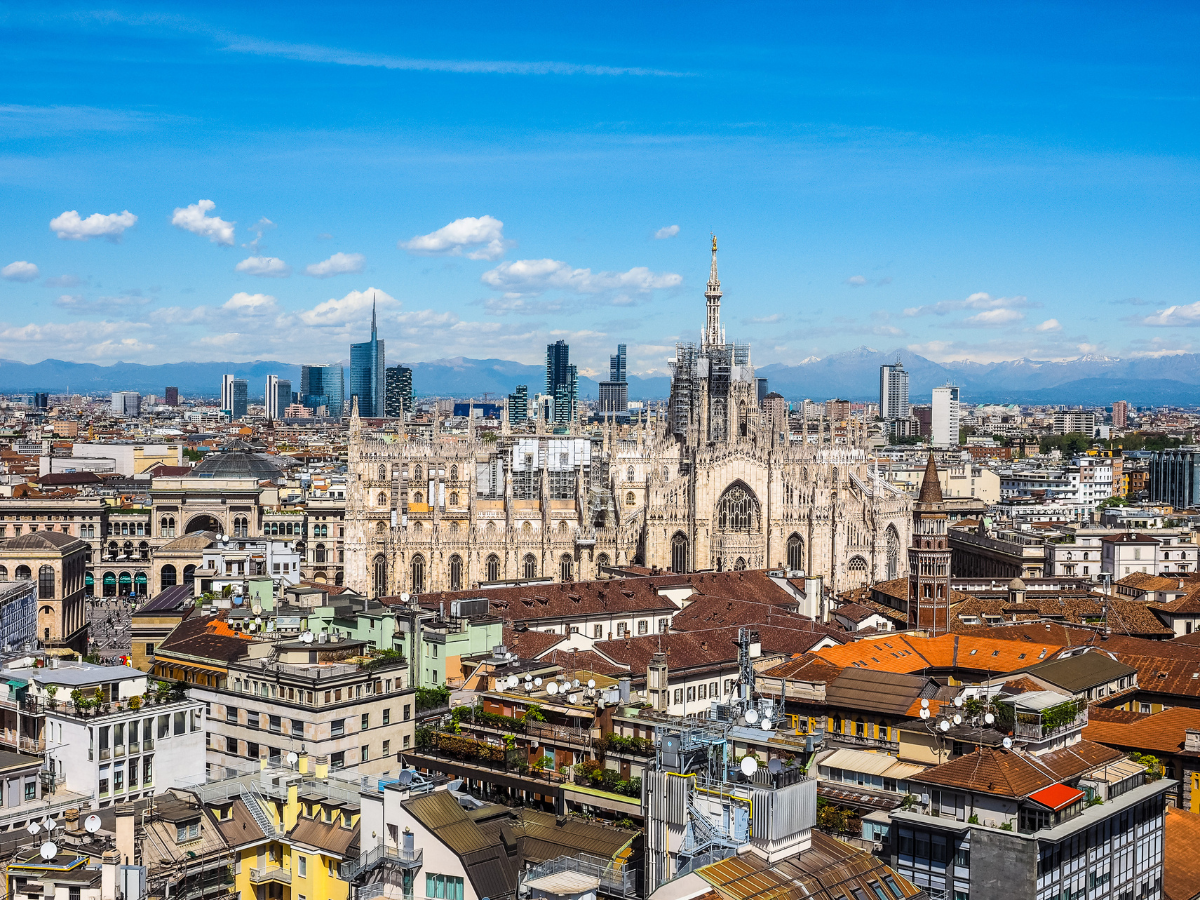
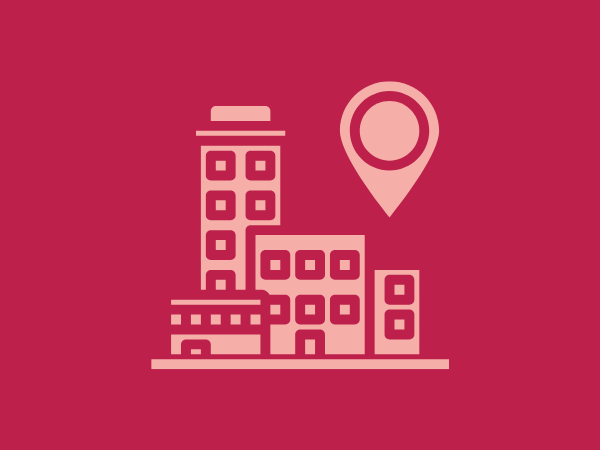
MOSAIC Challenge
Air pollution is one of the most critical environmental problems in Milan, with important repercussions on the health of inhabitants and the environment. For this reason, improving Milan's air quality is a priority objective of the city administration.
Measured data show that concentrations of harmful elements such as nitrogen dioxide (NO2), atmospheric particulate matter (PM10 and PM2.5) and ozone (O3) are high in the metropolitan area and exceed the values set by European regulations and World Health Organisation guidelines.
Ensuring that access to information is as immediate and up-to-date as possible so that citizens can adopt appropriate lifestyles and tools is the challenge identified by the Giannino Bassetti Foundation, with the support of the Municipality of Milan, in the MOSAIC project.
MOSAIC process
The MOSAIC route is divided into three main stages, fairly involving all the members of the quadruple helix innovation ecosystem - a company, citizens or citizens’ groups, research organisation and public authorities.
- The Gathering: this is the founding moment of the process, during which participants get to know each other, share the meaning of the challenge and the data from which to start, discuss problems and opportunities for joint work, and form the teams that will develop work proposals. Stages and working methods are established. In Milan, the meeting took place on the 3rd of March 2023.
- Definition of projects: in the following weeks of March, the teams consolidated their ideas and proposals for practical solutions ("objects" or "services"), through remote or face-to-face work, according to the modalities chosen by that the groups.
- Concept and prototype: the selected groups are working with the support of FGB facilitators and municipal staff, who are organising 2/3 workshops over the next 3 months to discuss emerging problems and opportunities. The objective is to ensure that the solutions to the identified environmental and health problem are not only innovative, but have added value for all participating stakeholders and the city as a whole. The result will be a prototype product or service for those who live and work in town.
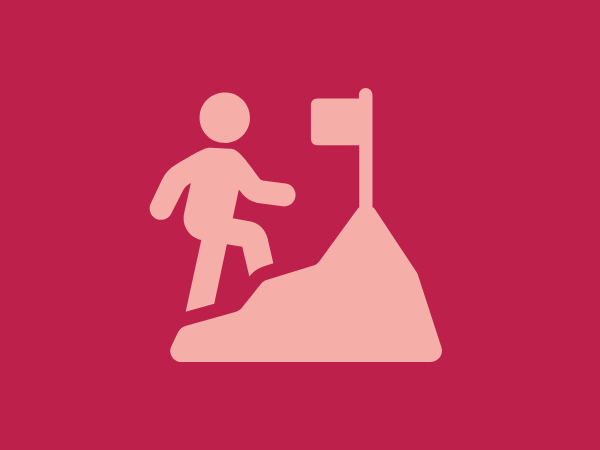
MOSAIC Pilot - InformAria
Milan has been facing poor air quality for decades, which has become a sensitive issue for the citizens and a key challenge for the City. Access to data and information on air quality is a prerequisite to openly engage local stakeholders in building a collective response to air pollution.
Starting from this reflection, Fondazione Giannino Bassetti, together with the Direction Green and Environment of the Municipality of Milan, decided to focus the MOSAIC pilot in Milan on the co-design of technological tools to support residents and city users of Milan in making informed decisions related to air quality in the city (e.g., choosing the best days for outdoor sports activities). In line with this challenge, the Milan pilot of MOSAIC was called InformAria.
Learn more about the process from the voices of the quadruple-helix participants and organisers.
